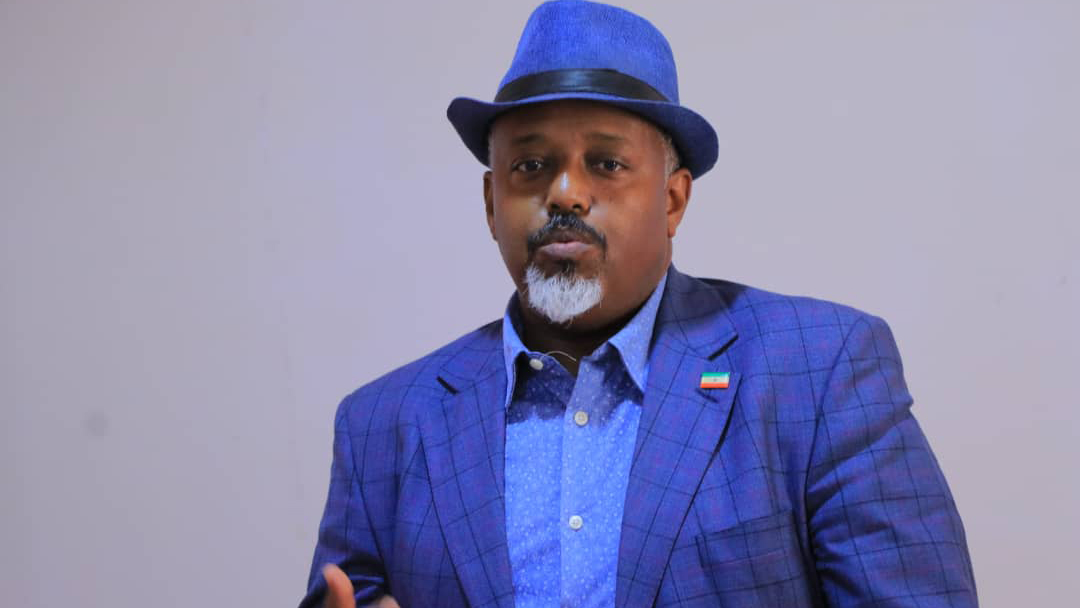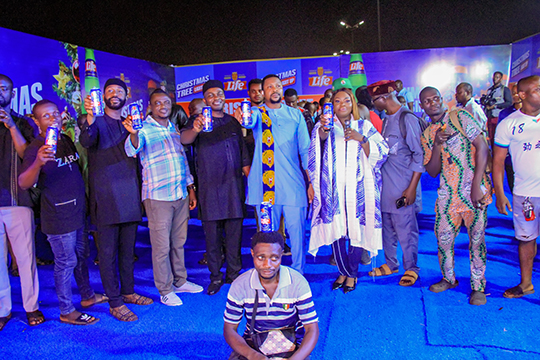 Movie distribution has been a subject of discussion in the Nigerian film industry, commonly known as Nollywood. Before the emergence of streaming platforms, filmmakers faced considerable challenge in getting their films to audiences. Most pathetic was piracy.
Movie distribution has been a subject of discussion in the Nigerian film industry, commonly known as Nollywood. Before the emergence of streaming platforms, filmmakers faced considerable challenge in getting their films to audiences. Most pathetic was piracy.
In the 2000s, the issue of privacy almost crippled the industry as movie producers were caught in the web of syndicates who had hugely invested in that nefarious industry. A United Nations Educational, Scientific and Cultural Organisation (UNESCO) report said between 50 and 70 per cent of revenue in Nigeria’s film market is lost to piracy. These challenges often left them grappling with uncertainties and obstacles that seemed insurmountable.
However, the rise of digital streaming services provided much-needed relief and opened new pathways for filmmakers. These platforms not only facilitated a more efficient distribution process, but created opportunities for a broader reach, allowing filmmakers to connect with audiences far beyond the traditional confines of cinemas and local screenings. As a result, filmmakers can now navigate the previously murky waters of distribution with greater clarity and success in cinema and streaming earnings.
Major players in this streaming world include, Netflix, Amazon Prime Video, YouTube and Google. Founded in 1997 by Reed Hastings and Marc Randolph in California, Netflix has evolved into a leading global streaming platform.
As at January 2023, Netflix boasts an impressive subscriber base of over 230 million worldwide, with 74.3 million users in the United States and Canada, 76.7 million across Europe, the Middle East, and Africa, 41.7 million in Latin America, and 38 million in the Asia-Pacific region.
Since entering Nigeria in 2016, Netflix has significantly contributed to the local creative sector with an investment of N9 billion from 2016 to 2022.
Amazon Prime Video, established in 2006, is a key component of the Amazon Group, founded by Jeff Bezos, who was previously recognised as the richest person in the world. This platform primarily featured films and television series produced by Amazon Studios and MGM Holdings, alongside a range of licensed content, branded as Amazon Originals.
YouTube, an American online video-sharing platform, was launched in February 2005 by former PayPal employees Chad Hurley, Steve Chen, and Jawed Karim, and was acquired by Google in November 2006 for US$1.65 billion.
Operating as a subsidiary of Google, YouTube continues to grow in various markets. In Nigeria, the platform had approximately 5.29 million users in 2021, with projections suggesting this number will reach around 11.99 million by 2025, highlighting its expanding influence and popularity in the region.
Other social media platforms, like Instagram, Facebook, Twitter, and TikTok, also serve as streaming platforms for video content with less duration.
The phenomenon of cultural misinterpretation, however, has emerged with world of streaming. In April 2023, the Lagos State government and traditional leaders criticised the film, Gangs of Lagos, for its portrayal of the state’s cultural heritage.
The government condemned the production as ‘unprofessional and misleading’, asserting that it depicted Lagos culture in a derogatory manner.
In April 2024, a prominent Nollywood actor and producer, Kanayo O Kanayo, expressed his concerns about this trend, emphasising the value of collaboration over personal pursuits.
“While personal YouTube channels are a great way to showcase creativity, we need to remember the importance of working together with experienced producers. Collaborative efforts are essential for building a sustainable industry. Nollywood was originally founded upon a spirit of partnership and support,” he said.
An actor and film critic, Kelvin Udochukwu, recently expressed his insights on the evolving landscape of movie censorship in the age of streaming services.
He noted a significant decline in the level of censorship that was more prevalent during the era of physical media, such as CDs and DVDs.
These digital platforms, according to him, have made it easier for audiences, particularly those in underserved areas, to access a wider variety of films.
However, Udochukwu called for a more deliberate and thoughtful approach to movie censorship, particularly regarding content that includes LGBTQ themes, which he believes should be carefully evaluated when it comes to films made for children.
He stressed that greater attention to movie classification could serve as a valuable tool for audiences, enabling them to be informed about the nature of the content before engaging with it, whether through renting, purchasing, or streaming. By doing so, he noted that both parents and viewers can make more informed choices that align with their values and preferences.
“The provision of classification should be deliberate so you know how movies are rated parental guidance and the rest. If you are looking to see this movie you can go and check out the rating,” he said.
In addressing the complexities of censorship in today’s media landscape, the Executive Director of the National Film and Video Censors Board (NFVCB), Dr. Shaibu Husseini, emphasised the challenges posed by the rise of streaming platforms like Netflix, Amazon Prime, and YouTube, along with paid television.
Upon his appointment, Husseini disclosed that he shifted the focus of the NFVCB from traditional censorship to a more nuanced approach centred on content classification.
This transition, according to him, is crucial in an era where streaming and cable services operate on subscription models, allowing viewers to have greater control over their viewing choices.
Husseini highlighted the importance of classification system in determining audience access to specific content. He noted that all movies available on platforms like Netflix and Amazon Prime undergo this process prior to release, ensuring that viewers are informed about the content they may engage with.
He cited the film Gang of Lagos, where the Eyo masquerades were culturally misrepresented. “While some may argue that this represents a cultural misinterpretation, I see it as an artistic expression that pushes boundaries. The filmmakers took creative risks that, although extreme, are still rooted in artistic intention. To address any potential backlash from these creative decisions, we implemented a geo-blocking strategy, which restricts access to the film in specific geographical areas. However, we found this approach to be somewhat ineffective, as the film was already circulating widely outside these restrictions,” he said.
Husseini acknowledged that classifying films for mature audiences can sometimes dissuade families from attending together. He pointed out that filmmakers are increasingly recognising the impact of explicit content on their film’s rating and overall box office performance.
“I recently spoke with a filmmaker who shared that his director was leaning towards excessive violence in their project. Recognising the potential for an 18 rating, the filmmaker stressed the importance of dialling back on the violence to maintain a broader appeal,” he said.
Additionally, Husseini mentioned that the NFVCB is actively collaborating with YouTube to enhance its feedback systems, enabling them to identify and flag films that do not meet community standards.
He disclosed that there is an ongoing partnership with Google also aimed at improving film classification processes, thereby ensuring responsible oversight of the extensive content produced by over 40,000 content creators online.






